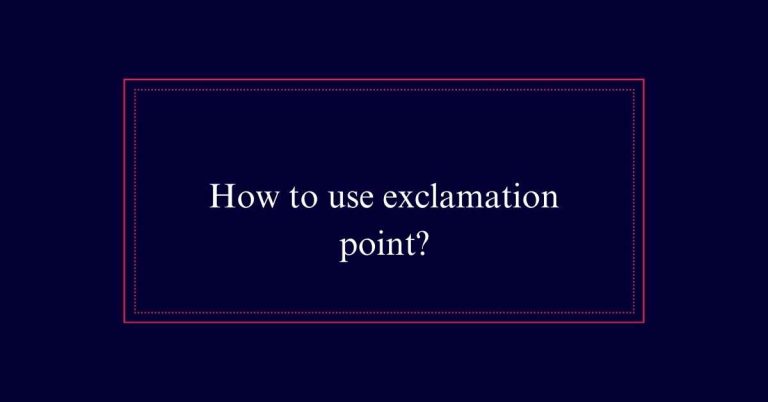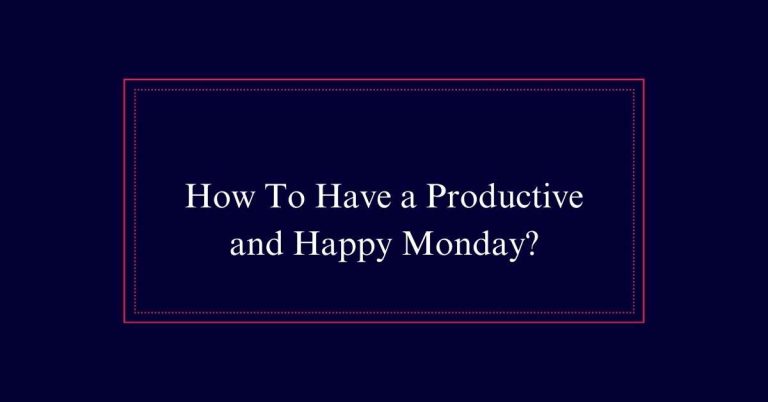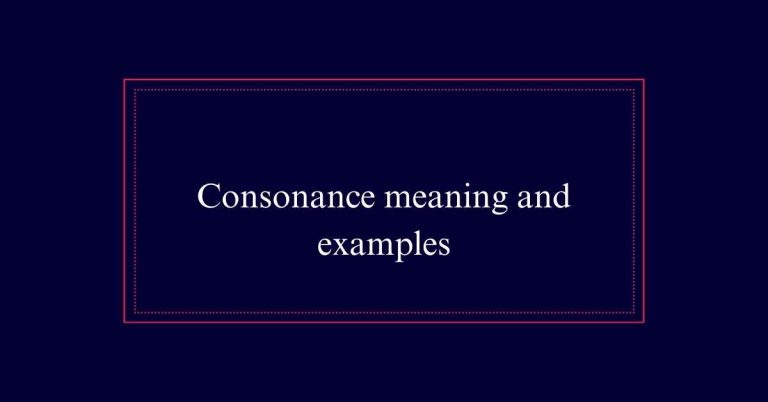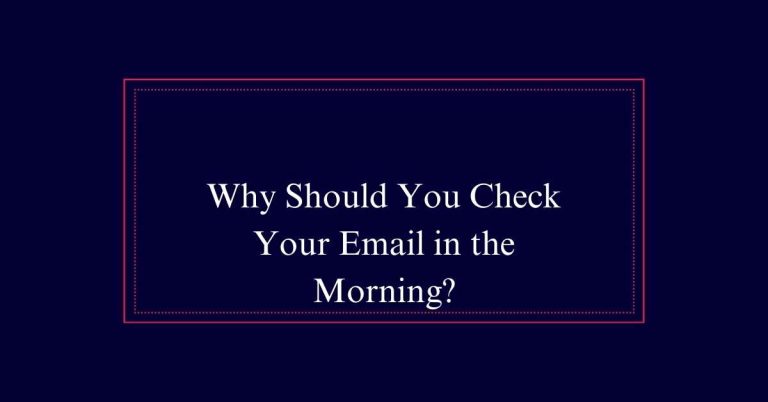How to write a resignation letter when retiring?
To write a retirement resignation letter, start by stating your retirement date clearly. Express your gratitude for the experiences and opportunities you’ve had at the company. Maintain a respectful tone and offer to help during the handover period.
Use a standard business letter format with your contact information, the date, and the recipient’s details. Before submitting, review your employment contract for notice period requirements. Make sure your letter is professional and heartfelt.
Understanding Retirement Resignation Letters
Understanding retirement resignation letters involves recognizing their purpose as formal notifications to your employer about your decision to retire. You’ll need to include your planned retirement date and express gratitude for the experiences you’ve gained during your employment.
Keep the tone respectful and appreciative, reflecting on positive aspects of your tenure. It’s helpful to offer assistance during the handover period, such as training a successor. Make sure to craft the letter in a business format with essential details. This approach guarantees a smooth handover process.
Importance of Timing and Notice
When planning your retirement, timing and notice are essential for a smooth handover. Informing your employer well in advance, ideally six to twelve months, allows them adequate time to prepare for your departure. This handover period helps the company find and train your replacement, ensuring continuity.
You should also complete any ongoing projects and prepare offboarding documents. This preparation will make the shift smoother for everyone involved. Additionally, offering your assistance during the handover period can make a big difference. A well-timed notice shows respect for your employer and colleagues, demonstrating your commitment to a seamless handover.
Reviewing Employment Contracts
Review your employment contract to verify you meet any notice period requirements before announcing your retirement. This step guarantees you comply with the terms and avoid potential legal issues. Check for clauses related to retirement specifically, as some contracts might’ve unique provisions.
Understanding these requirements will help you plan your retirement announcement and give adequate notice.
Look for details on how notice should be given—whether it must be written, emailed, or communicated through another method. Ensure you follow the specified process.
If you’re uncertain about any terms, consider consulting HR or a legal advisor for clarification. By thoroughly reviewing your contract, you’ll secure a smooth handover and maintain a positive relationship with your employer.
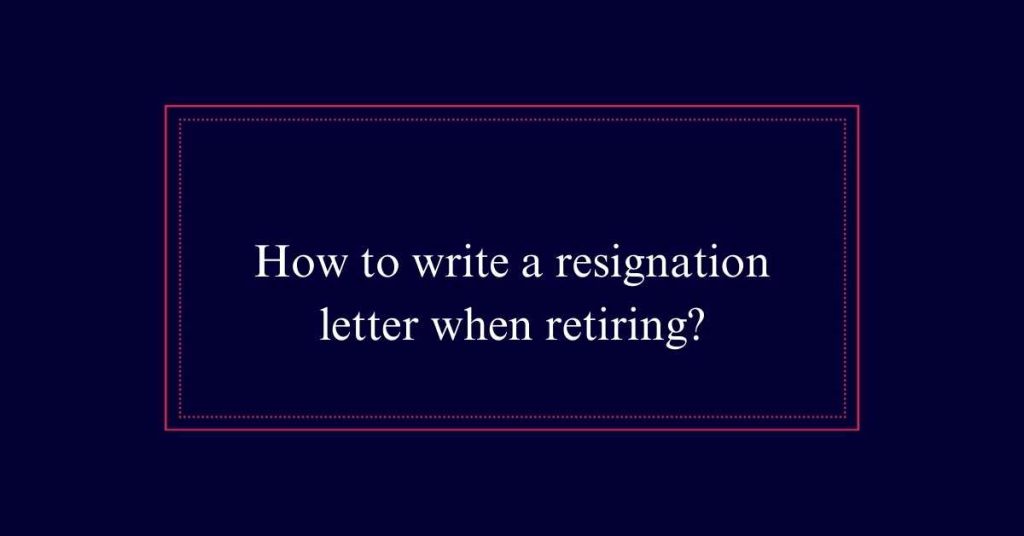
Professional Letter Format
To craft a professional resignation letter, use a standard business letter format to guarantee clarity and formality. Start with your contact information at the top, followed by the date. Below that, add the recipient’s name, title, and company address.
Use a formal salutation, such as ‘Dear [Manager’s Name],’ to address the recipient.
In the body, clearly state your intention to retire and mention your planned retirement date. Keep sentences short and to the point.
Close the letter with a formal sign-off like ‘Sincerely,’ followed by your name and signature. This format guarantees your resignation letter looks professional and is easy to read, making your intentions clear to your employer.
Expressing Gratitude
Express your gratitude by acknowledging the support and opportunities you’ve received during your time with the company. Thank your colleagues and supervisors for their guidance, mentorship, and friendship. Mention specific projects or experiences that were particularly meaningful to you. This shows that you value the time spent at the company and the relationships you’ve built.
Below is a simple outline to help you articulate your gratitude:
| Who | What You Appreciate | How They Helped You |
|---|---|---|
| Colleagues | Collaboration on projects | Enhanced teamwork skills |
| Supervisors | Guidance and mentorship | Professional growth |
| Company | Opportunities for advancement | Career development |
Offering Transition Assistance
Beyond expressing gratitude, it’s helpful to offer your support in ensuring a smooth handover. Mention your willingness to assist with training your successor or completing ongoing projects.
You could write, ‘I’m happy to help train my replacement and wrap up my current tasks to make the switch seamless.’ This shows your commitment to the company’s success, even as you prepare to leave.
Additionally, outline specific ways you can assist, such as creating detailed handover documents or being available for consultations during the initial handoff period. Offering this help demonstrates your professionalism and care for the team’s future.
Proofreading the Letter
Thoroughly proofreading your retirement resignation letter guarantees it’s clear, professional, and error-free. Start by reading the letter out loud. This helps catch awkward phrases and missing words.
Pay attention to the tone; make sure it remains respectful and appreciative throughout. Double-check key details, such as your retirement date and the recipient’s name.
Ensure the letter follows a formal business format. Ask a trusted friend or colleague to review it for additional feedback.
Submitting the Resignation
Submit your resignation letter in person to discuss the handover process and to confirm it’s received. This ensures your employer understands your plans and can ask any questions.
Schedule a meeting with your direct supervisor to present your letter. This face-to-face interaction shows respect and professionalism.
During the meeting, highlight key dates, such as your last working day. Offer to help with the changeover, like training your successor or finishing critical tasks. Address any immediate concerns and express appreciation for the support and opportunities you’ve received.
Finalizing Pending Tasks
After discussing your resignation and handover with your supervisor, it’s time to wrap up any outstanding tasks. Start by making a list of all ongoing projects and their current status. Prioritize tasks that need immediate attention and set realistic deadlines to complete them.
Communicate with colleagues and make certain they’re aware of your progress and any upcoming responsibilities they may need to take over.
Document important processes and procedures clearly, so your successor can pick up where you left off without confusion. Organize your files, both digital and physical, ensuring they’re easily accessible.
If possible, schedule a few training sessions to guide your replacement. By finalizing these tasks, you’ll leave your position in good order and help guarantee a smooth handover.
Personalizing the Farewell
Make your farewell personal by expressing genuine appreciation for your colleagues and the experiences you’ve shared. Mention specific instances where team members supported you or memorable projects you worked on together. Highlighting these moments shows you value their contributions and the time spent with them.
Include a heartfelt thank you to your manager and team for their guidance and camaraderie. Recognize how they’ve helped you grow professionally and personally. Sharing these sentiments makes your departure more meaningful and leaves a positive impression.
Consider including a brief note about your future plans or hopes, allowing colleagues to share in your excitement. Ending on a positive note shows your gratitude and leaves the door open for future connections.
Frequently Asked Questions
How Should I Address Any Unused Vacation Days in My Resignation Letter?
In your resignation letter, mention any unused vacation days by asking about their payout or how they’ll be handled. For example, ‘Could you please inform me about the process for my remaining vacation days before my last day?’
Can I Include Personal Anecdotes or Memories in My Retirement Resignation Letter?
Yes, you can include personal anecdotes or memories in your retirement resignation letter. Keep them brief and relevant, highlighting positive experiences. This adds a personal touch and shows your appreciation for your time at the company.
Is It Appropriate to Mention My Future Retirement Plans or Activities in the Letter?
Yes, you can briefly mention your future retirement plans or activities to give a personal touch. Just keep it concise and professional, focusing more on gratitude and ensuring a smooth handover for your employer.
Should I Inform My Colleagues About My Retirement Before or After Submitting My Resignation?
You should inform your colleagues about your retirement after submitting your resignation. This ensures your employer hears it first and allows for an organized announcement. This approach helps maintain professionalism and avoids any potential misunderstandings.

